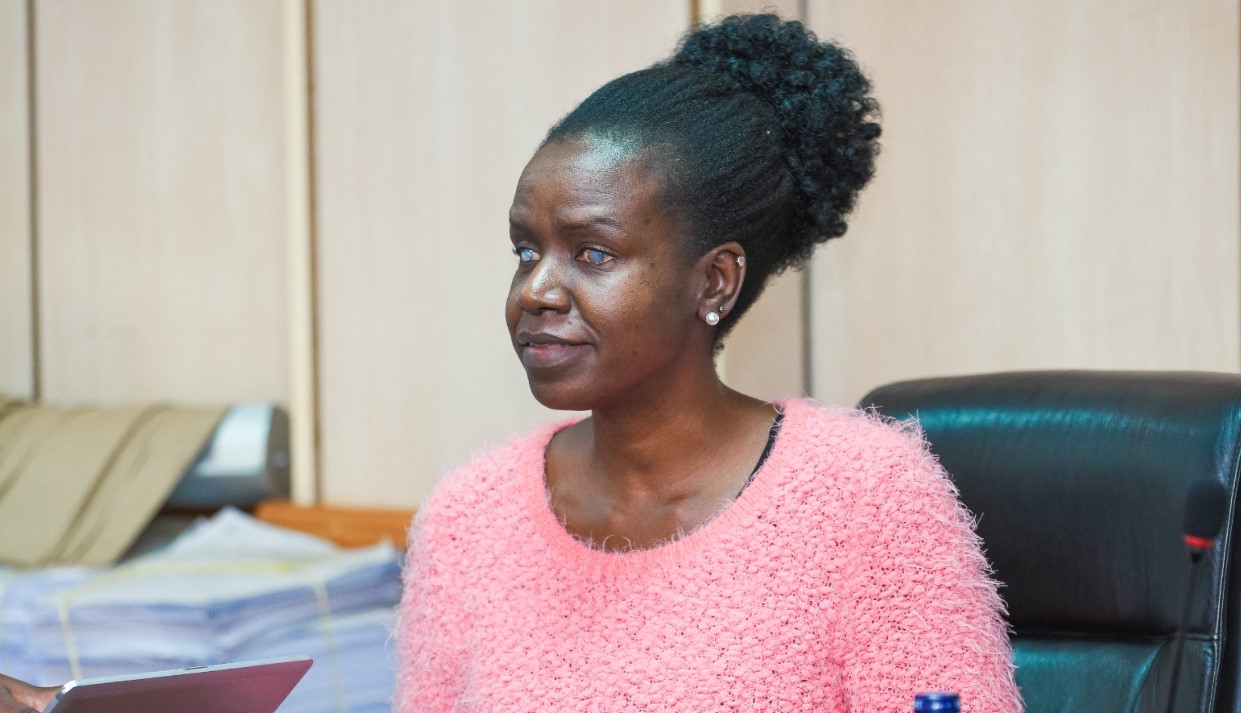Why only 2% of Kenyan startups grow into large businesses

Kenyan SMEs were urged to brace for impact and rethink strategy amid the prevailing tariff wars.
Among the startups born in Kenya, only two per cent make it to full transition, from small to medium and eventually to large-scale enterprises, highlighting the challenges small businesses face in their scale-up journey.
This is according to sector stakeholders who convened for a business forum on Tuesday in Nairobi, seeking to navigate the challenges that Small and Medium-sized enterprises (SMEs) face.
More To Read
- Kenya ranked Africa’s most competitive economy in International Institute for Management Development 2025 Index
- SMEs sound alarm over rising failure rates amid investment gaps
- Nairobi’s 'pencil man': Ignatius Otieno story of resilience, unique hustle
- Kagwe and Oparanya push for digital coffee auction, target triple production
- Rising costs force 2,260 companies to exit as 138,000 enter market
- Treasury disburses Sh2.6 billion to boost recovery of MSMEs
SME Hub Vice Chair at the Kenya Association of Manufacturers Ayusa Ondieki noted that policy and entrepreneurial gaps have, over the years, made it hard for startups setting up in the country to grow to their full potential.
“Only two per cent of startups in Kenya transition fully to become large players, against the five per cent global average,” Ondieki said.
He added that this is against the backdrop of the country’s growing entrepreneurial spirit and a youthful, innovative population.
Other stakeholders at the forum supported Ondieki in highlighting why both new and established businesses are underperforming relative to their potential, not only in the country but also across the African continent.
Flora Mutahi, director at KAM and Founder and CEO of Melvins Tea, firstly said firms in the country, as well as other African states, are strategically misaligned on their products.
She reckons that only 17 per cent of all African businesses have a documented business model, with the rest, 83 per cent, approaching the market without a strong and clear foundational strategy on the products.
Misusing capital
She also noted that businesses in the country are misusing capital on short-term ventures that provide immediate gratification rather than long-term value.
“Data estimates that close to 60 per cent of startups in Africa misuse their funds on short-term ventures,” Mutahi said.
She added that a majority of Kenyan businesses are run by solo entrepreneurs, with little to no team support.
“This isolation limits the exchange of ideas, slows decision-making, and increases burnout”.
Compounding the problem is the lack of leadership structures, according to Mutahi.
She noted that only 12 per cent of African businesses have documented leadership protocols that define roles, visions and succession planning.
Nevertheless, she said most businesses in the country have a huge disconnect within the entrepreneurial ecosystem, as they have limited access to experienced mentors, a key ingredient in startup success globally.
“Study has shown that businesses with access to mentorship grow up to three times faster than those without,” Mutahi said.
From the above misses, Mutahi noted that it is no surprise then that only about 10 per cent of businesses in the country survive beyond five years, a statistic that arguably speaks volumes about the fragile nature of the startup ecosystem in the country.
Additionally, during the forum, Kenyan SMEs were urged to brace for impact and rethink strategy amid the prevailing tariff wars.
The experts painted a sobering picture of the global landscape, pointing to the ripple effects of escalating trade tensions between economic giants like the US, China and Europe.
“The protectionism we’re seeing globally is worrying,” Mutahi warned.
Beyond international trade, Mutahi flagged persistent challenges in local market access and the often-repeated issue of financing.
However, she challenged the notion that funding is the number one barrier.
“We did a survey and found that access to finance is number five. The real issues are self-management, productivity, hiring right and having a clear business strategy. Only then does money matter,” she explained.
Britam General Insurance CEO James Mbithi backed her sentiment with a call for risk preparedness.
“Over the past two years, we’ve held forums across Kenya to understand SME pain points. One thing is clear, most are exposed to huge risks, from fire to floods to cyber threats. One incident can wipe out years of effort,” Mbithi said.
Top Stories Today











































